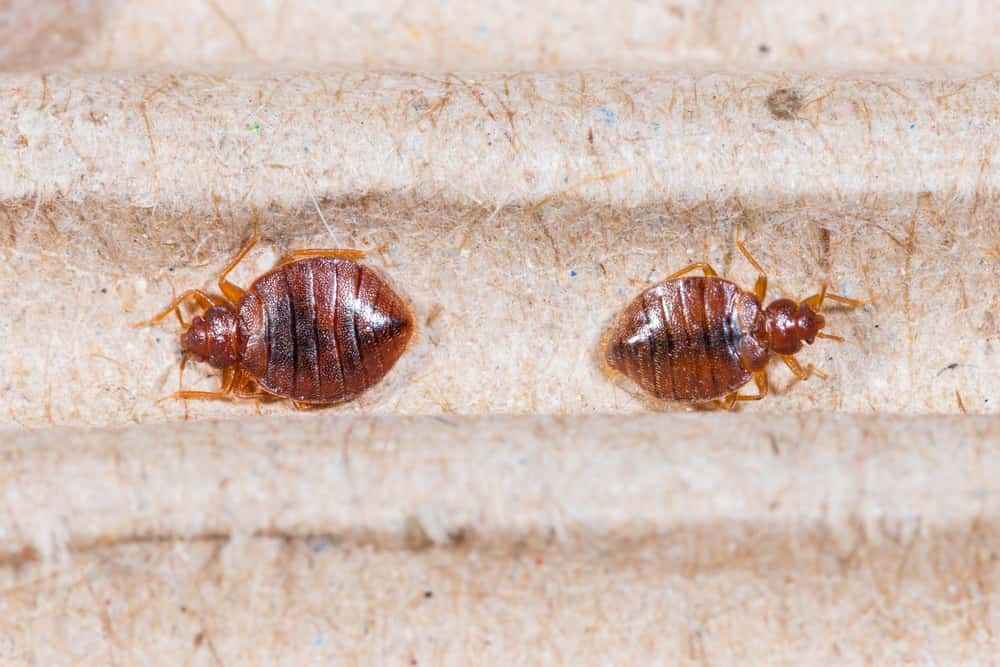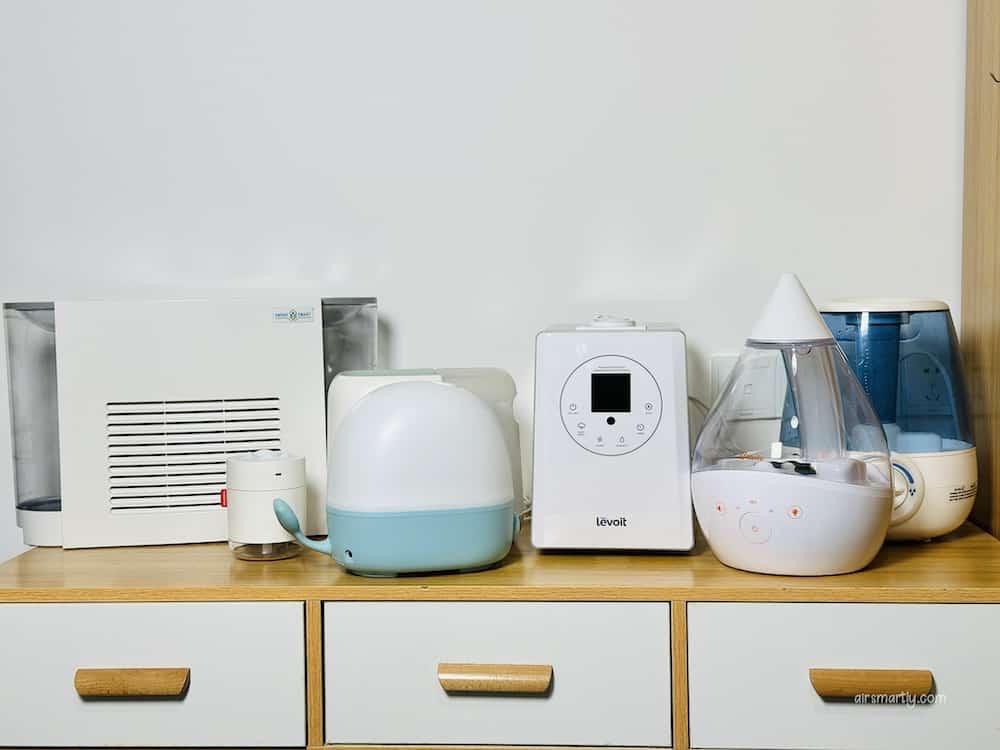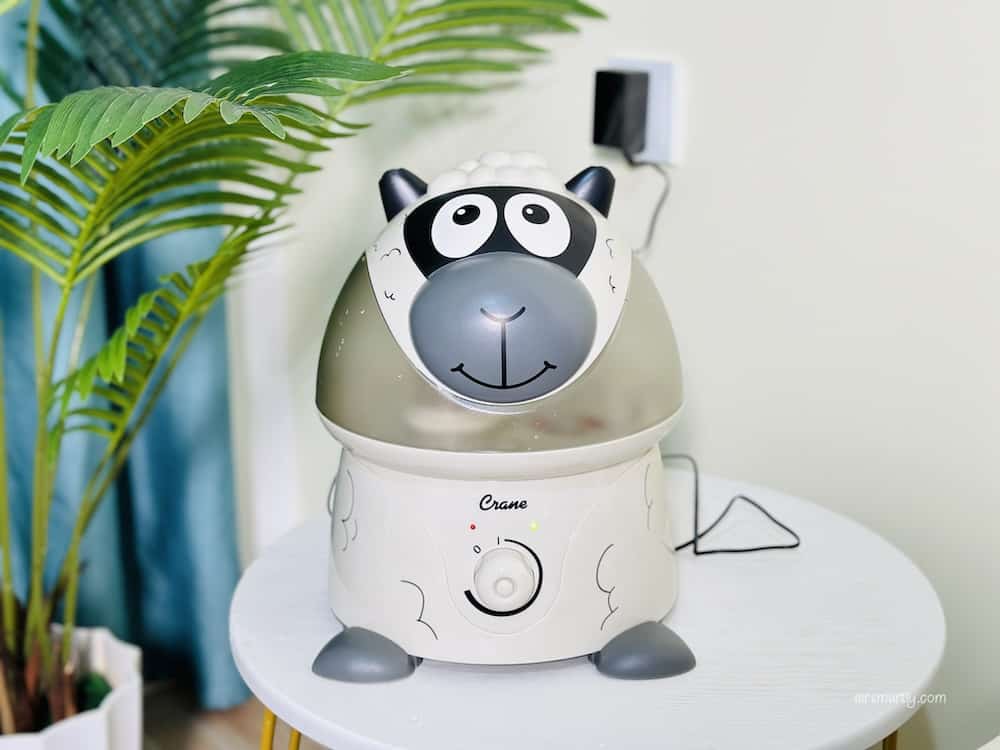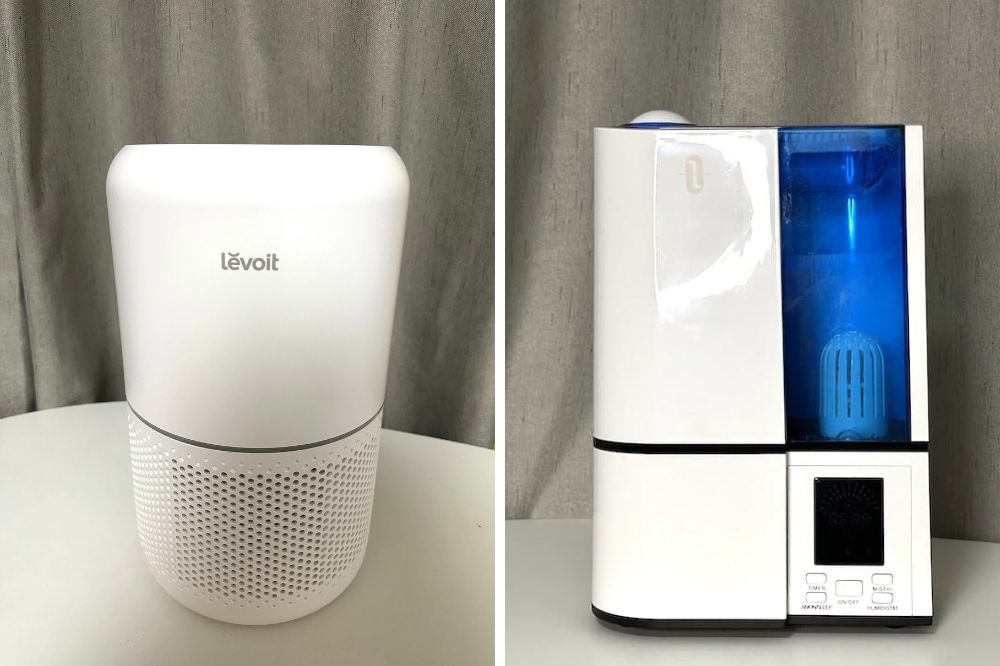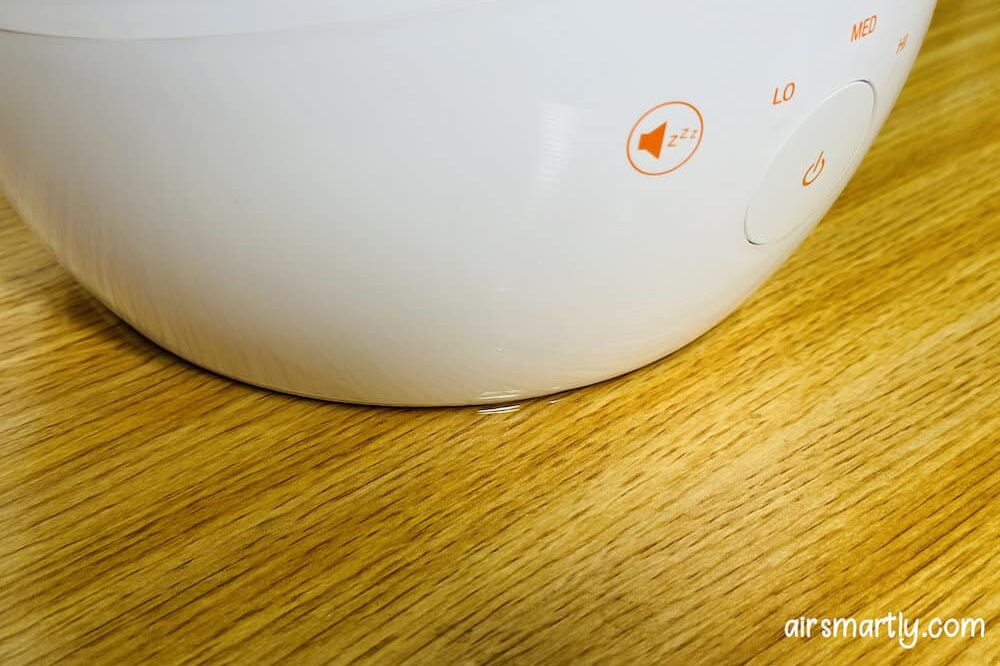A humidifier is a useful household appliance that can make us sleep better, relieve cough, as well as feel more comfortable. However, the increased humidity at home may cause some changes in our house, for better or for worse. For example, it may affect the activities of bugs and pests around us.
Do humidifiers attract bugs? It depends. If the humidifier produces too much mist and makes the room too wet, it will attract bugs. Otherwise, bugs will not come just because of a humidifier.
I will explain why a humidifier can attract bugs and teach you how to keep these pests away while using a humidifier in the following sections. Keep reading!
Does using humidifiers attract bugs and why?
As I said, using a humidifier doesn’t necessarily attract bugs, but it can.
Even though we don’t like a place that is too wet, many species of pests do. As they need water to survive and thrive, they will constantly seek out the damp spot suitable for them to survive.
The humidifier is a device to increase humidity, a must-have for people who live in an arid region or dry climate. When the air is too dry, the skin will crack, and furniture will wrap. Humidifiers would change indoor humidity and reduce these symptoms.
However, humidifiers could make the room too damp if you don’t control them properly.
A suitable humidity to keep pests and bugs away should be between 30% to 50%, according to the United States Environmental Protection Agency.
When it exceeds 60%, mold will grow, and bugs will start to accumulate.
So, you should monitor the humidity through a hydrometer or other ways while using a humidifier.
Aside from that, a humidifier is a breeding ground for molds and bacteria if you don’t clean it frequently. If you have a cool-mist humidifier, these molds will spread in the air, and bugs like to eat molds.
Therefore, humidifiers can attract bugs by increasing humidity and providing molds.
Which kind of bugs and pests prefers a humid environment?
Not every bug enjoys a humid environment, but many species we often see at home do. I make a list of them below.
Spider
Some types of spiders like humidity. They need moisture to spin their silk web so as to get food. Some other types like to stay in a dryer environment. Therefore, not every spider is a sign of high humidity.
Roaches
Many people are afraid of roaches. They have bad smells and could spread diseases. However, they are everywhere. They like to stay in the kitchen and bathroom, which are damp and have food residue.
Earwigs
Earwigs like to survive in a damp place with something to hide in. Therefore, if you find one earwig, there is possible an array of them nearby.
Moisture ants
This is a type of ant that likes to stay in wet places and rotten materials. They are larger and could ruin the furniture and home structure in the long run.
Termites
Termites are similar to moisture ants. They are apt to live in a damp environment and like to eat wood and eventually damage your house.
Mosquitos
Mosquitos like moist areas, so you can often find them near the swimming pool or lake. If your room is too damp, it will also attract these annoying biting insects.
What will happen if bugs and pests stay in a damp room?
It isn’t very pleasant to see these little creatures move on the ground. More importantly, they are the culprit of many issues.
Spread diseases
Many pests and bugs are vectors of diseases. These diseases include West Nile virus, Lyme disease, malaria, strep, dengue fever, etc.
In addition to this, they can transfer diseases to your pets such as cats, dogs, and birds and then transfer them to you.
When they get into your home, they can leave the microorganisms on the appliance you use or even bite you directly. For example, bed bugs will bite you while sleeping.
Eliminating pests and bugs are crucial for the overall health of your family.
Damage to the furniture and home structure
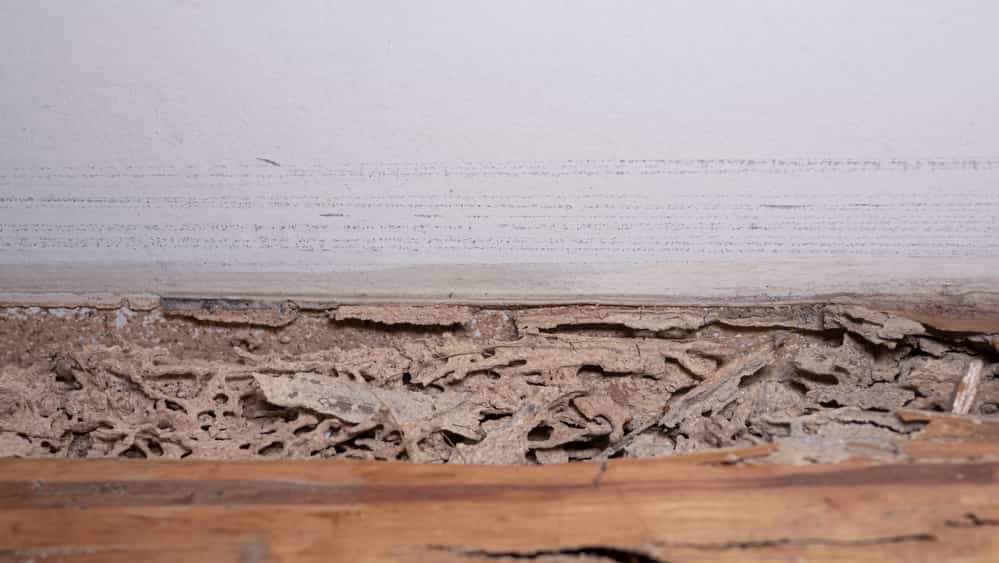
Don’t neglect the power of these pests. They can ruin your house gradually. Many insects enjoy eating wood, and many houses in the US are made of wood.
If they are not treated, your house will turn into a dangerous state, and you will need to pay a fortune for repairing it.
Allergies
Some bugs can carry allergens from outside to the house, and some bugs themselves are allergens. For example, many people, including myself, are sensitive to dust mites and dust mites thrive in humid environments.
How to prevent bugs and pests while using a humidifier?
While using a humidifier can attract bugs and pests, you don’t have to overreact and give it up because of it. There are a few ways to keep bugs away while using it.
Cleaning humidifier regularly
The water tank could become a breeding ground for molds and bacteria if you don’t clean the humidifier regularly.
When molds evaporate in the air and land on the surface, they will be the food source of these bugs. It would also risk our health and trigger allergy symptoms.
Use distilled water
Using distilled water is a great way to reduce mineral buildup in the water tank and decrease the possibility of spreading germs.
Instead of buying distilled water off-market, you can make distilled water for your humidifier on your own. This water could also help to extend the lifespan of this appliance.
Keep home clean
Many insects love eating food residue and hiding in damp and moist places. The kitchen, bathroom as well as mop are great options for them. Remember to clean out any food crumbs and other debris and keep all the places dry and tidy. This is an easy way to prevent these creatures.
Monitor the humidity level
Again, using a humidifier is perfectly fine as long as the environment is not too wet. That is to say, and bugs will not come if the humidity level is under 60%.
To decide if you need to open the humidifier, you need some ways to know the humidity level. Some machines have a built-in gauge, and some don’t. In this case, you have to use an extra hydrometer or take some other methods to monitor the humidity level.
Use bug spray
Sometimes, you need to repel or kill some of them to let them go away. Try to purchase a safe insect repeller and spray them on the places that pests can get in. Please don’t overdo it in case it will harm your health.
Update seals
Bugs and pests are minor, so that they can get in through crevices easily. You should check the seals around windows, doors, or other openings every so often, stopping them from entering.
Keep windows closed
Everybody likes fresh air, but if there are many bugs around your house, you should keep the windows closed when applicable.
The opening window provides these pests a straightforward way to sense the humidity and strive to get in. It will be difficult for them to get this good news if it is closed!
Can a dehumidifier help to keep the bugs and pests out?
Yes, a dehumidifier can drive roaches, dust mites, bed bugs, and other pests away. When the place gets wet, a dehumidifier can absorb the water in the air and decrease the relative humidity.
When the air is dry, these pests will know there is no water for them to drink and decide to find other places.
For those who live in a house with high humidity, a dehumidifier could be a lifesaver since it can prevent molds and pests from thriving at the same time.
Wrapping up
Many people use humidifiers at home but still worry about their side effects. While it could attract bugs, you can avoid this from happening if you take some actions.
Controlling the humidity level is an effective way to keep pests away. Meanwhile, keeping the humidifier itself clean is always crucial as the molds could be the food of these little ones.
At last, keeping your home clean also plays an essential role in controlling these bugs and pests. You should not provide any breeding ground for them.
If you live in a damp place all year, what you need would be a dehumidifier in lieu of a humidifier.

